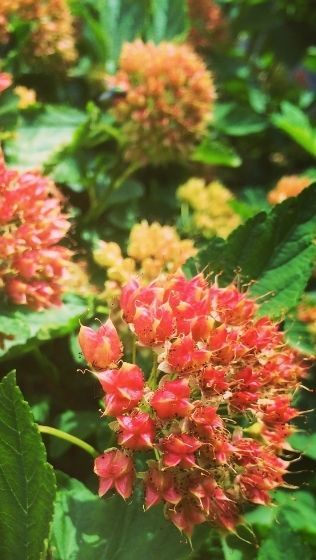LEAF is a non-profit organization that teaches people about trees and gets them excited about the urban forest. We plant native species in backyards and public spaces while engaging citizens in urban forest stewardship through planting, education and training. We envision healthy, vibrant communities where everyone values and cares for the urban forest.
Our mission is to grow and sustain the urban forest by providing quality services and programs that engage communities.
Our Story
In 1995, the seed of what would later become LEAF was sowed. Janet McKay, LEAF founder and Executive Director, was inspired to help her neighbours in Toronto’s east end plant native trees. She started a small tree seedling distribution project. The seedlings were very popular, however, most did not survive or reach maturity as she had hoped.
With this lesson in tow, Janet worked to develop the Backyard Tree Planting Program (BYTP), which aimed to overcome the issue of low tree survival rates. A small and dedicated team was trained to properly site and plant trees to maximize their potential to grow to maturity. In 1996, the name LEAF – Local Enhancement and Appreciation of Forests came into being.
As interest and demand for the program grew, LEAF expanded its work to include education and other community engagement activities, such as our long-running Tree Tenders Volunteer Training Program (offered since 2006). From educational presentations to naturalization planting activities, LEAF engages thousands of volunteers and program participants annually to help increase awareness and stewardship of the urban forest.
Over the past decade, interest in the Backyard Tree Planting Program has flourished as private property tree plantings have gained recognition for the role they play in achieving urban forest strategies. The BYTP is now offered in Toronto, York Region and several municipalities in Durham Region (map).
The goal of enhancing livability by protecting and improving the urban forest remains the driving force at LEAF, and we continue to seek new opportunities to build resilience and improve communities, one tree at a time.




